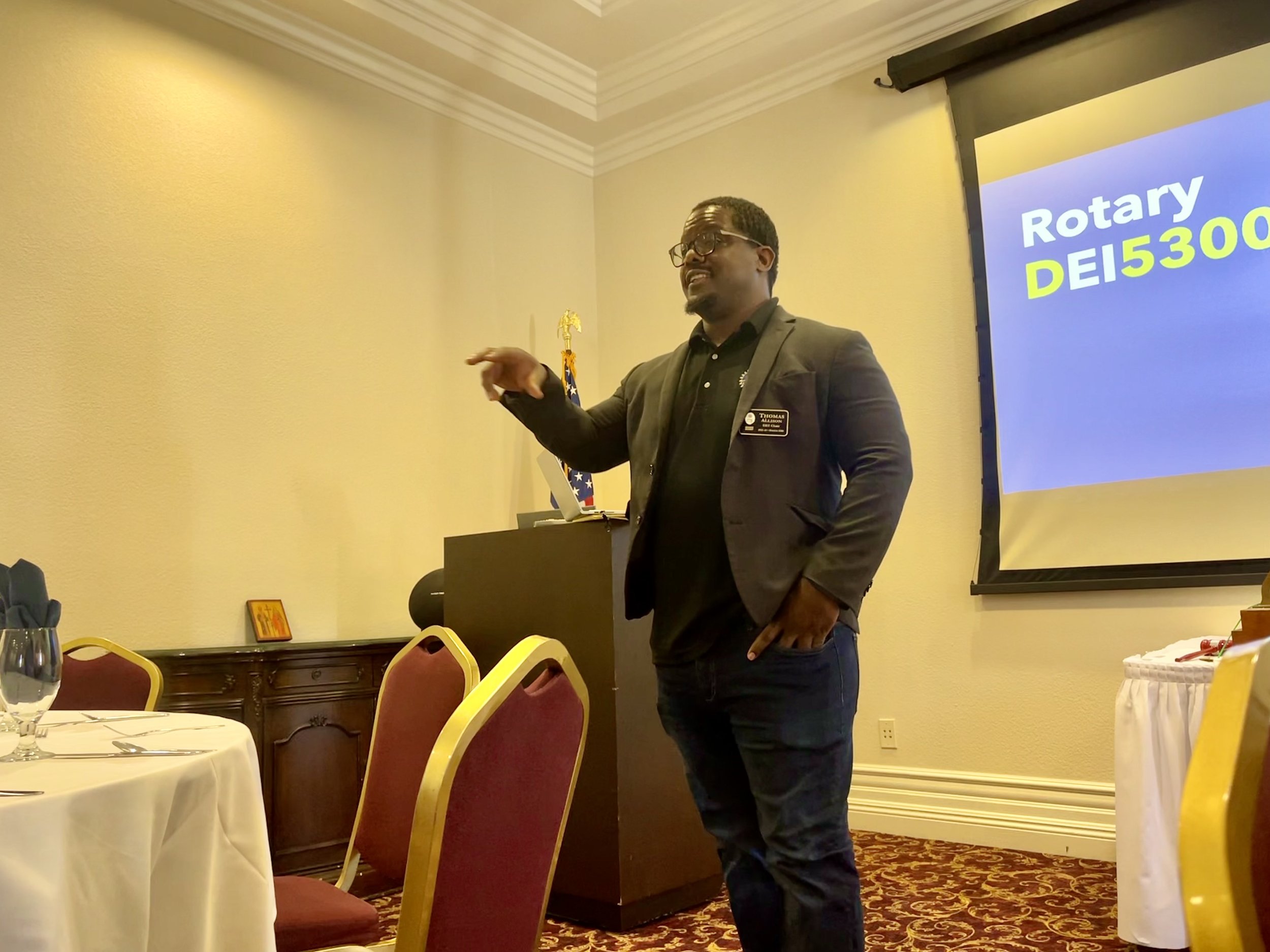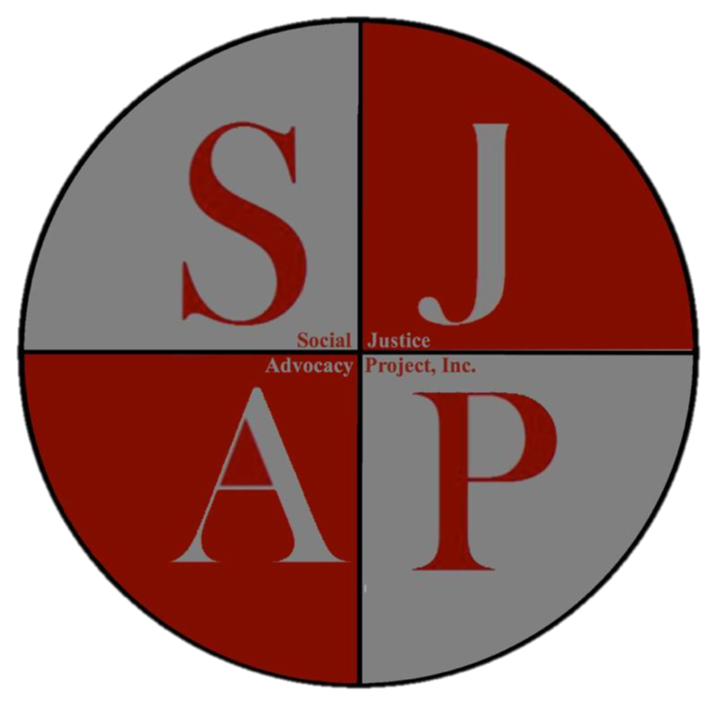
The Advocates Academy
Professionalizing Advocacy
The Advocates Academy is a leadership training to aid social justice advocates and nonprofit leaders in the art of social justice advocacy.
Our next cohort will begin on September 1, 2023
Next level leadership training
Authentic Leadership
Authentic leadership is about bringing your whole self to your leadership. Letting people see your strengths, challenges, gaps, quirks, etc. allows them to develop a level of trust not usually held by leadership. This course is instrumental in helping people find their authenticity and their leadership.
Servant Leadership
Servant leadership is about creating a culture and environment where the team feels comfortable bringing their whole self to the team. When the team is provided an environment to be authentic, and is served by leadership in the process, there is no limit to what can be achieved.
Personality
We use personality assessments to guide our self-reflection process. Personality assessments give you parameters to assess the various aspects of your personality, they are not the final result of who you are.
Skills
Next we conduct a skills inventory by breaking down a big vision into functional parts and discussing the skills used for those parts. We introduce a Skills Chart that helps guide the skills analysis exercise.
Matching
Finally, we discuss the process of matching personalities and skills to develop effective teams. We cover team dynamics and conclude with an exercise on organizational structuring and team construction.
Innovative Social Justice Education
Course Content
Content for this course is available in a number of ways, including speeches, videos, podcasts episodes, and written textbook. Additionally, we keep a lively and engaging environment for people to collaborate and interact with one another.
Issue Framing
A fundamental aspect of social justice advocacy is issue framing. The way an issue is framed can be the difference between getting policy change and getting ignored. Issues should be framed to rally influential stakeholders.
Agenda-Setting
After an issue is properly framed, the appropriate bodies and influential powers should be mapped and engaged for a policy response. Agenda setting is getting an issue up for vote and the creation of a policy to address the issue.
Organizing
Once you have mapped the stakeholders and policy-making process, create coalitions to advocate around your issue to elevate your cause in the agenda setting process. We discuss these steps from start to finish.
Movement Management
Professionalizing Social Justice Advocacy
This course is not just about social justice theory and change, but is also about the practices needed to run a successful advocacy campaign, including the business nuts-and-bolts that many social justice leaders need to take their advocacy to the next level.
Resources
Resources are needed to keep a movement going. We have seen large movements occur, but rarely have they have made systemic and sustainable changes. We discuss where and how to get resources for advocacy campaigns.
Budgeting
Once resources have been acquired, they must be professionally managed to increase their impact. We discuss the basic elements of project management and resource allocation through technology and human resource efforts to help you stay on budget.
Operations
After you have acquired and adequately planned your resources, your advocacy should be aimed toward effective outcomes. We train our advocates on strategy, planning, and operations to ensure their efforts for change are effective.
Direct Action Curriculum
Direct Action
Dr. King’s Direct Action framework has four steps
In addition to the content covered above, our Advocates Academy ends with a discussion on Dr. King’s Direct Action campaign. The four steps to a Direct Action Campaign are (1) collect data, (2) negotiate, (3) self-purify, and (4) direct action.
Collect data to determine whether an injustice exists
Before direct action is taken, you should have very clear understanding of the issues. Your knowledge of the issues should be based in data. This is why issue framing is so important. You need to be able to articulate why the issue needs to be addressed to people who have a full understanding of the how things work.
Negotiation
After you have done your research, engage in the negotiation process. Negotiation requires understanding the give and take. The point of a negotiation is to try and reach common ground. If this is not possible, or the other side is not providing an acceptable offer to accept, then it is time to organize.
Self-Purification
Self-purification is the process of getting yourself ready for a moral battle. Patience, empathy, character, and clean hands are required to acquire widespread support for your cause. When the advocate has high standing, their cause will have high standing. Additionally, people may respond aggressively or angrily and you will need to respond with love and grace. This process is crucial for readying yourself for the next step.
Direct Action
There are many forms of direct action. The result of direct action should cause a disequilibrium in the system large enough to get a significant response. This process often comes at great costs to those engaged in it, but have the potential to gain the greatest exposure.



